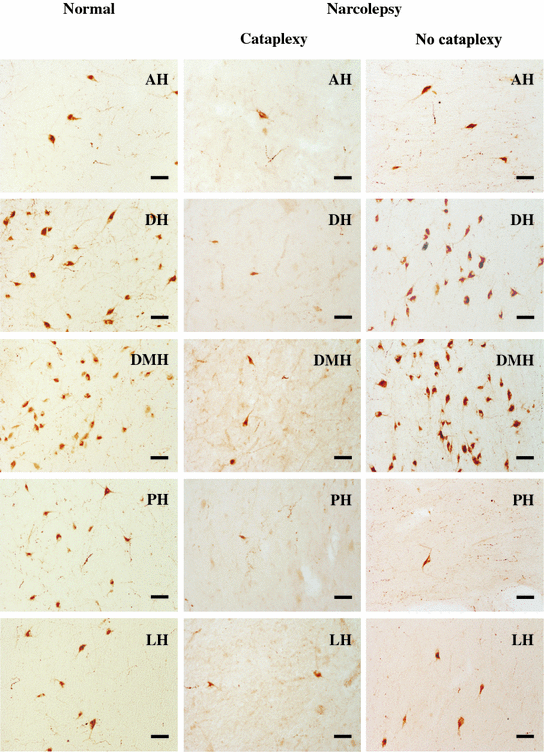
The levels of hypocretin are found to be low in many people who have narcolepsy, and it's been found that the body's ability to maintain a state of wakefulness is regulated by hypocretin. Hypocretin, also called orexins, are excitatory neuropeptide hormones. Length of attacks can range from up to a few seconds, less than two minutes, and up to 30 minutes. Furthermore, people can have slurred speech and impaired eyesight such as double vision and inability to focus. Examples of these emotions can be:įacial muscles, weakness at the knees and total collapse can occur in a cataplexy attack. It refers to the muscular weakness that is suddenly triggered by strong emotions. What is cataplexy?Ĭataplexy is a symptom of narcolepsy. Excessive daytime sleepiness is experienced but usually doesn't have muscle weakness triggered by emotions. Type 1 narcolepsy, which was previously known as narcolepsy with cataplexy, is where a patient either has low levels of hypocretin.Īlso called narcolepsy without cataplexy, Type 2 narcolepsy usually has less severe symptoms than Type 1 narcolepsy. The two main types of narcolepsy are Type 1 narcolepsy and Type 2 narcolepsy. This means the brain isn't as able to regulate sleep cycles. This protein is produced in the same area of the brain that creates hypocretin, resulting in a lack of hypocretin. It's been found that some people with narcolepsy produce antibodies, which are released by the body to destroy diseases and toxins, against the trib 2 protein. Infections, such as the swine flu or the flu vaccination medication against it, Pandemrix.Īnother cause could relate to immune system problems.Hormonal changes, either during puberty or the menopause.However, it's not always the case and sometimes causes are unclear. The most common cause of narcolepsy is the lack of hypocretin, the brain chemical that modulates the body's wakefulness. Automatic behaviour – doing an activity without having any memory of doing it afterwards.Hallucinations when going to sleep or waking up.Sleep paralysis – a sudden inability to move when falling asleep or waking up which generally lasts for a few minutes.Cataplexy – a sudden loss of strength and control in some muscles, resulting in slurred speech, a dropping head, and sometimes falls.What are the signs and symptoms of narcolepsy?Īs already mentioned, the most well-known symptom of narcolepsy is sleep attacks during the day. Most people who are diagnosed with narcolepsy are between 20 and 40 years old. The cause is not clear, but it’s thought that narcolepsy can be triggered by puberty, menopause, an infection, or major psychological stress. Narcolepsy is relatively rare, affecting just one in 2000 people, and affecting men and women equally.


It’s a condition characterised by 'sleep attacks' during the day, where you suddenly fall asleep without control. Narcolepsy is a neurological condition which affects your brain’s control over when you sleep. How does narcolepsy affect day-to-day life?.What are the signs and symptoms of narcolepsy?.


 0 kommentar(er)
0 kommentar(er)
